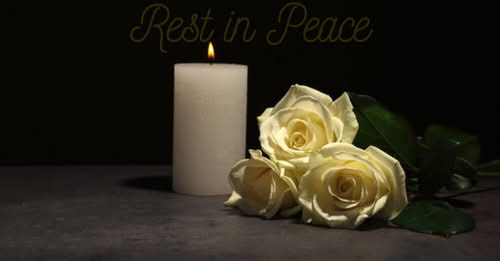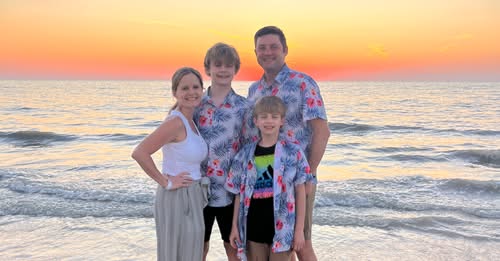A Shocking Loss: Gregory Mosher Found Deceased in Leesville Parking Lot
The Leesville community was shaken earlier this week after the heartbreaking discovery of Gregory Mosher, a man known to some but invisible to many, found deceased in a local parking lot. It is believed that Gregory, facing housing instability, may have been using the area as a temporary shelter. Authorities are still investigating the exact cause of death, but the tragic scene has stirred emotions and sparked urgent conversations about homelessness and forgotten lives.
Gregory’s life, though quietly endured, is now mourned publicly. He was someone’s brother, someone’s friend, someone with a story—and dreams that were never heard aloud. His death is not just a statistic; it is a somber reminder of the cracks in our society and how easily a human being can be overlooked until it’s too late.
More Than a Name: Remembering the Humanity of Gregory Mosher
Gregory Mosher’s life was far more than the circumstances in which it ended. To those who knew him—if only briefly—he was described as quiet, respectful, and carrying a deep sense of dignity despite the struggles he faced. He wasn’t just a man on the street; he was a human being with hopes, past joys, and a heart capable of kindness.
People who spoke to him around Leesville remembered how he often refused to ask for help, trying to maintain his pride. His situation was one of survival, not choice. Gregory never intended to leave this world unnoticed, and yet, through a cruel twist of fate, his final moments occurred alone. We, as a community, must now take the time to acknowledge the life he lived and reflect on how we can do better—for others like him still out there.
A Wake-Up Call to the Community: The Price of Neglect
Gregory Mosher’s passing is a haunting call to action. In a society where poverty, homelessness, and mental health struggles are often swept under the rug, his death forces us to confront uncomfortable truths. What are we doing to protect our most vulnerable? How many more lives must end in parking lots, under bridges, or on street corners before we care enough to make a change?
Let Gregory’s story be a spark—not just for grief, but for compassion and accountability. His death was tragic, but his memory can become the reason we begin to act differently. Let’s make sure that the next Gregory doesn’t die alone. Let’s remember him not for how he died, but for the wake-up call his life and loss now give us all.
May Gregory Mosher rest in peace—and may his story live on as a reminder of what truly matters.




